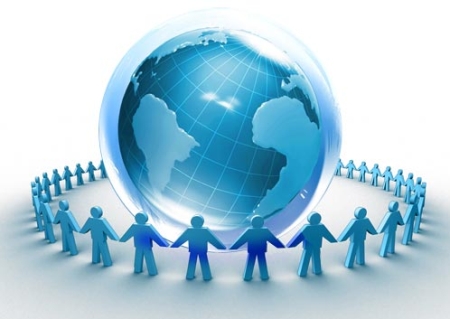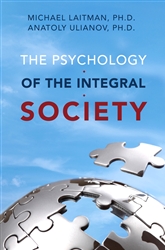Getting to the Bottom of the “Keeping Up With the Joneses” Phenomenon
We can see just how much we always want what others have in Item 38 of Kabbalist Yehuda Ashlag’s “Introduction to The Book of Zohar,” stating that “Man [Stage four], who can feel others, becomes needy of everything that others have, …and is thus filled with envy to acquire everything that others have. When he has a hundred, he wants two hundred, thus his needs forever multiply until he wishes to devour all that there is in the whole world.”
But earlier in the introduction (Item 25), Ashlag writes, “Since the Thought [of Creation—the Creator’s goal] was to delight His creatures, He had to create an overwhelmingly exaggerated desire to receive all that bounty, which is in the Thought of Creation [to give us unbounded pleasure].” And he continues, “If the exaggerated will to receive perished from the world, the Thought of Creation would not be realized—meaning the reception of all the great pleasures that He thought to bestow upon His creatures—for the great will to receive and the great pleasure go hand in hand. And to the extent that the desire to receive it diminishes, so diminish the delight and pleasure from receiving.”
Hence, if we want to become Creator-like, we must not diminish our desires. But if we do not diminish our desires, then our ability to eliminate self-centeredness and become Creator- like will fail if all we have in our medicine cabinet are the old remedies of religious fanaticism, oppression, tyranny or any other of the old means of discipline. Those methods were good for “taming” the desire to receive in its earlier stages, but they will not suffice for today’s level of desire to receive.
A new method, a fresh code of action is required, something that will not try to suppress the insuppressible, but will harness the new powers that extreme egoism evokes to improve life, instead of destroying both humankind and our pathogenic egocentricity.
Competition or Cooperation? The Need to Choose Wisely
In Stage Three of the evolution of desires, our envy has created an interconnected and interdependent world where we compete against, yet depend on each other for sustenance. Again we can quote Ashlag, who wrote, “Because each person in the world draws his life’s marrow and his livelihood from all the people in the world, he is coerced to serve and to care for the well-being of the whole world.”
We can also quote McGrew’s statement: “This [single global system] defines a far more complex condition, one in which patterns of human interaction, interconnectedness, and awareness are reconstituting the world as a single social space.” These quotes accurately reflect our situation at the start of the 21st century: we are tied together, and hateful of each other.
Continue reading “Kabbalah: The Answer to All of Your End of the World Predictions”


